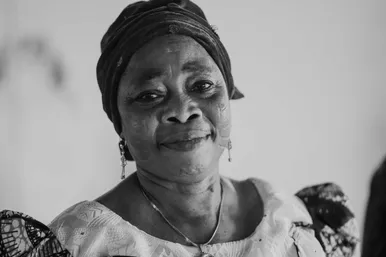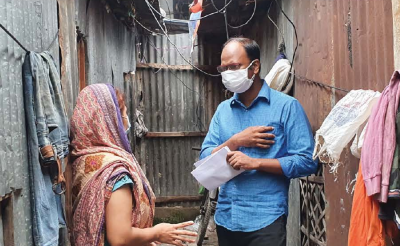About TRANSFORM
Slum populations in low- and-middle-income countries (LMICs) have high rates of serious and enduring mental disorders (SMDs – psychotic disorders and severe mood disorders, often with co-occurring substance abuse) and very poor access to mental health care.

Sufferers and their families choose traditional and faith-based practices since these are more accessible, considered affordable, and are in tune with their cultural beliefs and traditions. Faith-based and traditional healing can play an important part in delivering care in LMICs, especially for common mental disorders like anxiety and depression, both in Africa and Asia, but those with SMDs require additional biomedical treatment and follow-up.
The TRANSFORM project aims to improve access to care and outcomes of SMDs in slums, by developing an innovative collaborative care model involving traditional/faith healers, mental health professionals, primary care practitioners and community health workers (CHWs). This multidisciplinary research programme will be conducted across two slum communities, one each in Korail, Bangladesh and Ibadan, Nigeria (both ODA-eligible countries).
We will conduct in-depth studies to understand local communities' awareness and understanding of SMDs and sit with traditional and faith healers to understand who seeks care, how care is given and how healers identify and could refer those with treatable SMDs to medical care.
We will develop an understanding of the explanatory models of illness and care in relation to SMDs from the perspectives of community members, healers and health professionals. Based on these findings, we will develop two training packages, one for healers and one for CHWs, focused on identification, referral to local psychiatric services and ongoing support for patients (18+) with SMDs.
We will evaluate the effectiveness of the training programmes in increasing referrals to and the provision of community mental health care of cases of SMDs, and conduct a cost-effectiveness analysis of the intervention and its outcomes.

